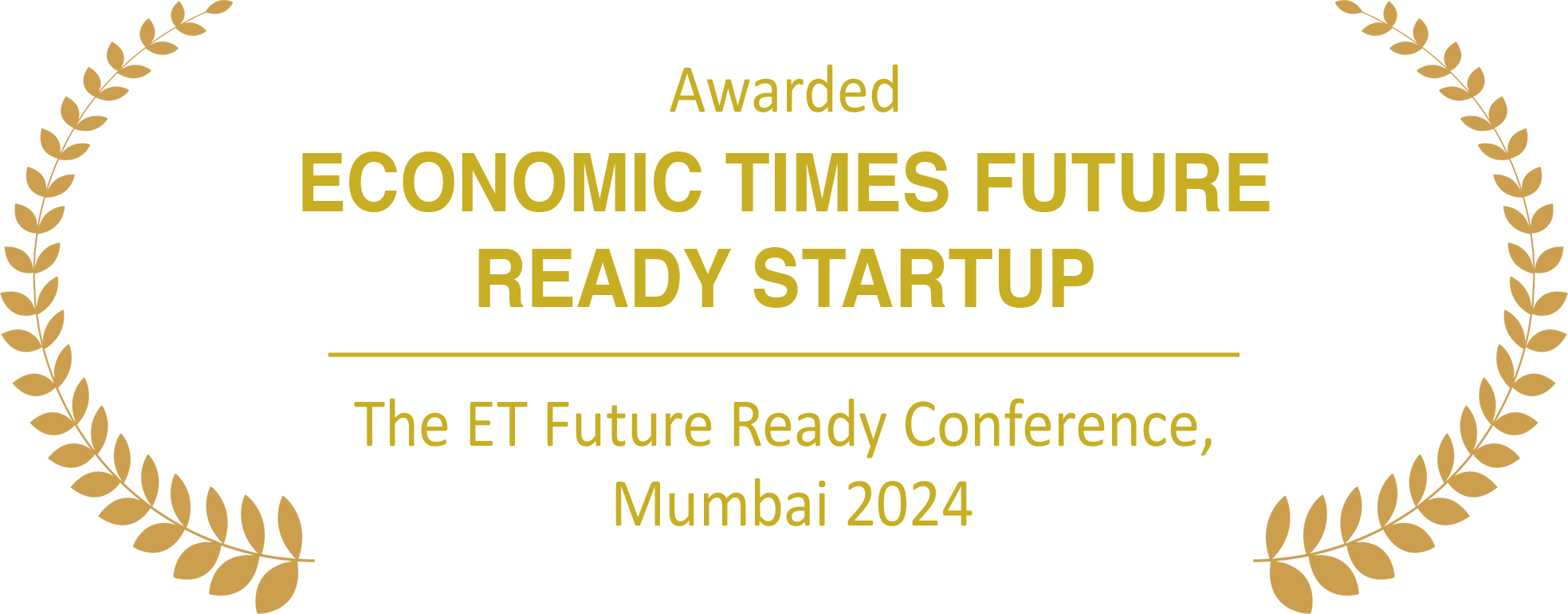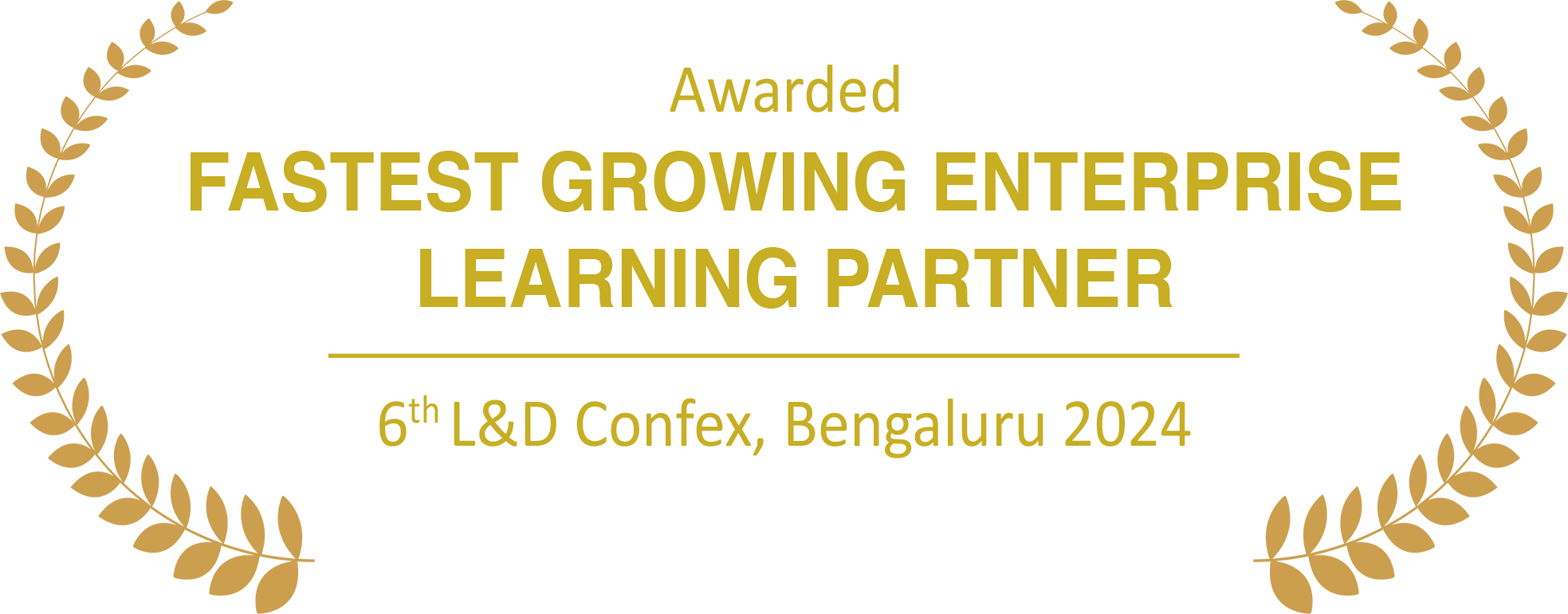
Overview
This Embedded C Programming course offers a comprehensive learning experience, designed for entry-level engineers aspiring to excel in embedded systems development. It covers essential topics, from basic C programming concepts to advanced memory management and data manipulation. Participants will gain practical insights into using Linux toolchains, debugging with GDB, and applying AUTOSAR standards. This course provides hands-on experience in developing optimized and reliable embedded software.

Objectives
By the end of this course, leaner will be able to:
-
Develop and debug C programs for embedded systems.
-
Apply advanced concepts like pointers, recursion, and function callbacks.
-
Understand the role of storage classes, data types, and memory management.
-
Perform file handling operations and implement error management.
-
Analyze and optimize embedded software using Linux-based toolchains.
-
Apply bit manipulation and work with microcontroller registers.
-
Develop efficient embedded applications using industry best practices.

Prerequisites
Basic knowledge of C Programming


 Projects
Projects Assignments
Assignments






